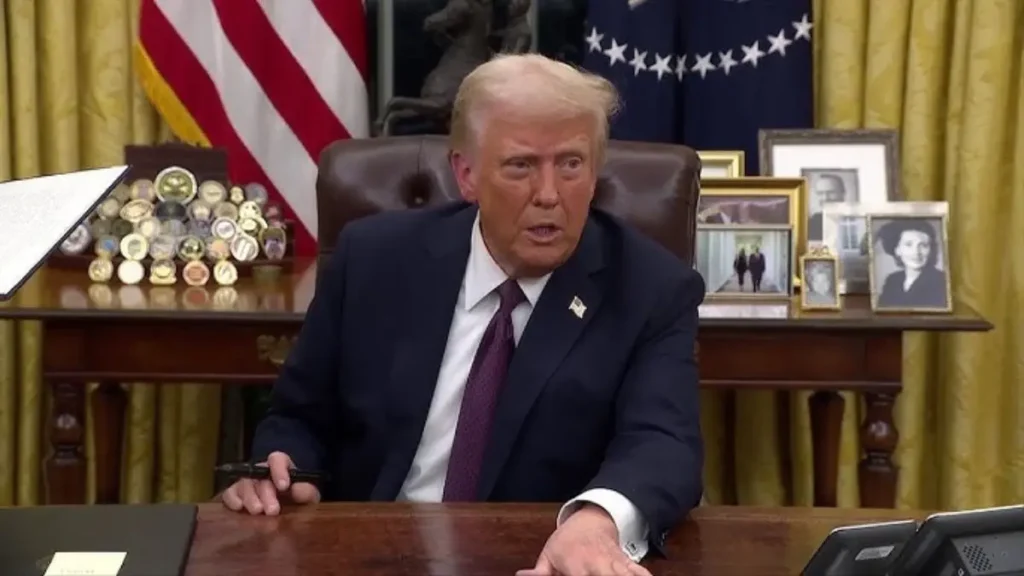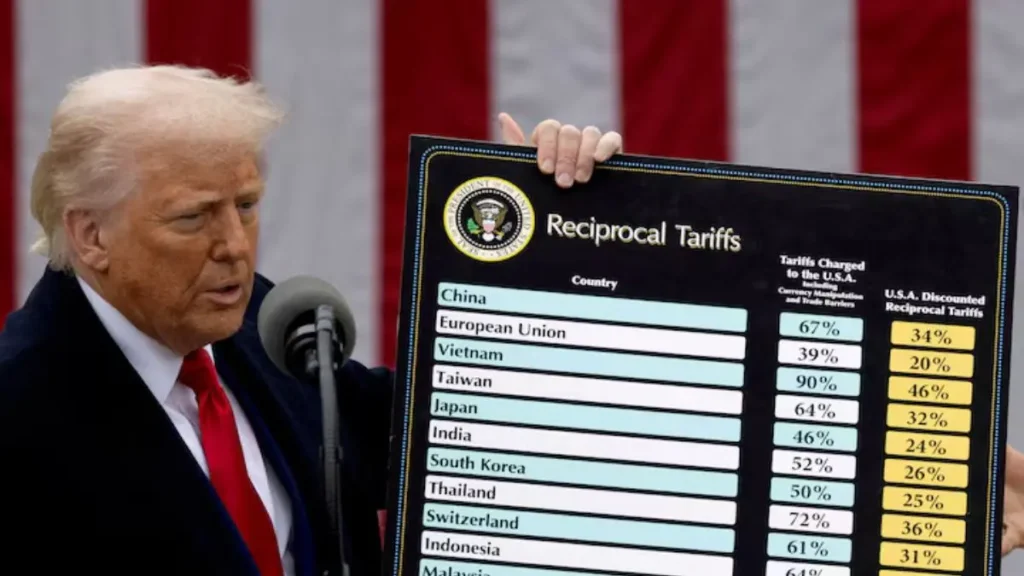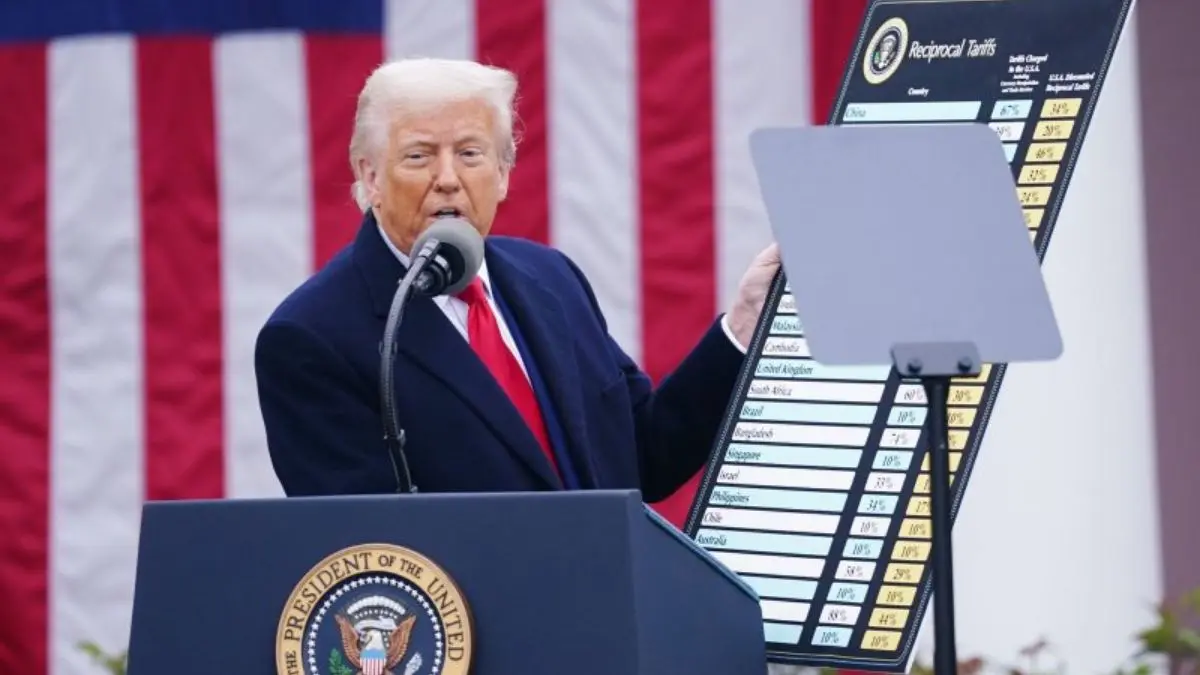U.S. Appeals Court Rules Most Trump Tariffs Illegal
A U.S. appeals court ruled on Friday that the majority of Donald Trump’s tariffs are illegal, challenging the cornerstone of his economic policy. The court’s decision, passed by a 7-4 vote, places Trump’s tariffs under legal scrutiny, arguing they exceed the president’s powers under the International Emergency Economic Powers Act (IEEPA).
However, the court delayed the ruling’s effect until October 14 to allow Trump’s administration time to appeal to the U.S. Supreme Court. If the high court sides with Trump, it could trigger a major legal battle that could reshape the president’s entire economic strategy.
In a significant legal blow to former President Donald Trump, a U.S. appeals court has ruled that most of the tariffs imposed during his administration are illegal. This decision marks a sharp rebuke of Trump’s use of tariffs as a political and economic tool during his second term. The tariffs, part of his aggressive trade policies with China, Canada, and Mexico, were initially justified by the Trump administration under the International Emergency Economic Powers Act (IEEPA). The act grants the president broad powers during national emergencies, but the court found that it does not explicitly include the authority to impose tariffs.
The court’s decision came after two legal challenges one brought by small U.S. businesses and another by 12 Democratic-led states which argued that IEEPA doesn’t permit such actions. The ruling also raised constitutional concerns, pointing out that Congress, not the president, has the constitutional authority to levy taxes and tariffs. This ruling could have major implications, as it calls into question the legality of a key element of Trump’s economic agenda.
Despite this setback, the court has delayed the ruling’s implementation, providing the Trump administration until October 14 to file an appeal with the U.S. Supreme Court. This gives Trump another chance to defend his tariffs, which he has argued were necessary to address trade imbalances and protect U.S. manufacturing. In his response, Trump criticized the court for being “highly partisan” and predicted the tariffs would ultimately be upheld by the Supreme Court.

The Legal Battle and Political Implications:
The ruling is not only a legal setback for Trump but also adds to the growing uncertainty surrounding his economic policies. The court’s decision is based on a broader debate over the limits of presidential power in foreign trade, and it could spark a larger confrontation between the executive and legislative branches of government. If the Supreme Court upholds the decision, it could have significant repercussions on how future presidents are allowed to use emergency powers.
Additionally, the ruling comes as Trump is embroiled in another legal battle over the independence of the Federal Reserve, which could lead to an unprecedented legal showdown. Experts suggest that Trump’s economic policies could be on a collision course with the judiciary, especially with the Supreme Court’s conservative majority, which has frequently sided with Trump’s agenda in past decisions.
Uncertainty in Global Markets:
This ongoing legal battle has added volatility to global markets, as businesses and investors continue to grapple with the uncertainty surrounding U.S. trade policy. Market analysts are concerned that further legal delays or reversals could increase instability, particularly for industries reliant on international trade. According to Art Hogan, chief market strategist at B. Riley Wealth, the last thing financial markets need is more uncertainty about trade policies.

In response, Trump’s administration may attempt to keep the tariffs in place using alternative legal justifications. William Reinsch, a former senior Commerce Department official, indicated that the administration has been preparing a “Plan B” to maintain its tariffs through other legal avenues, should the appeal to the Supreme Court fail.
Looking Ahead:
The fate of Trump’s tariffs now lies in the hands of the U.S. Supreme Court. If the court decides to hear the case, it could set a major legal precedent that reshapes the president’s ability to implement unilateral trade policies. The outcome will likely have wide-ranging effects on both U.S. foreign policy and the global economy.
Disclaimer: This information is based on public reports and legal filings as of the publication date. Legal decisions and appeals may evolve over time, and updates may not be reflected in this summary.

